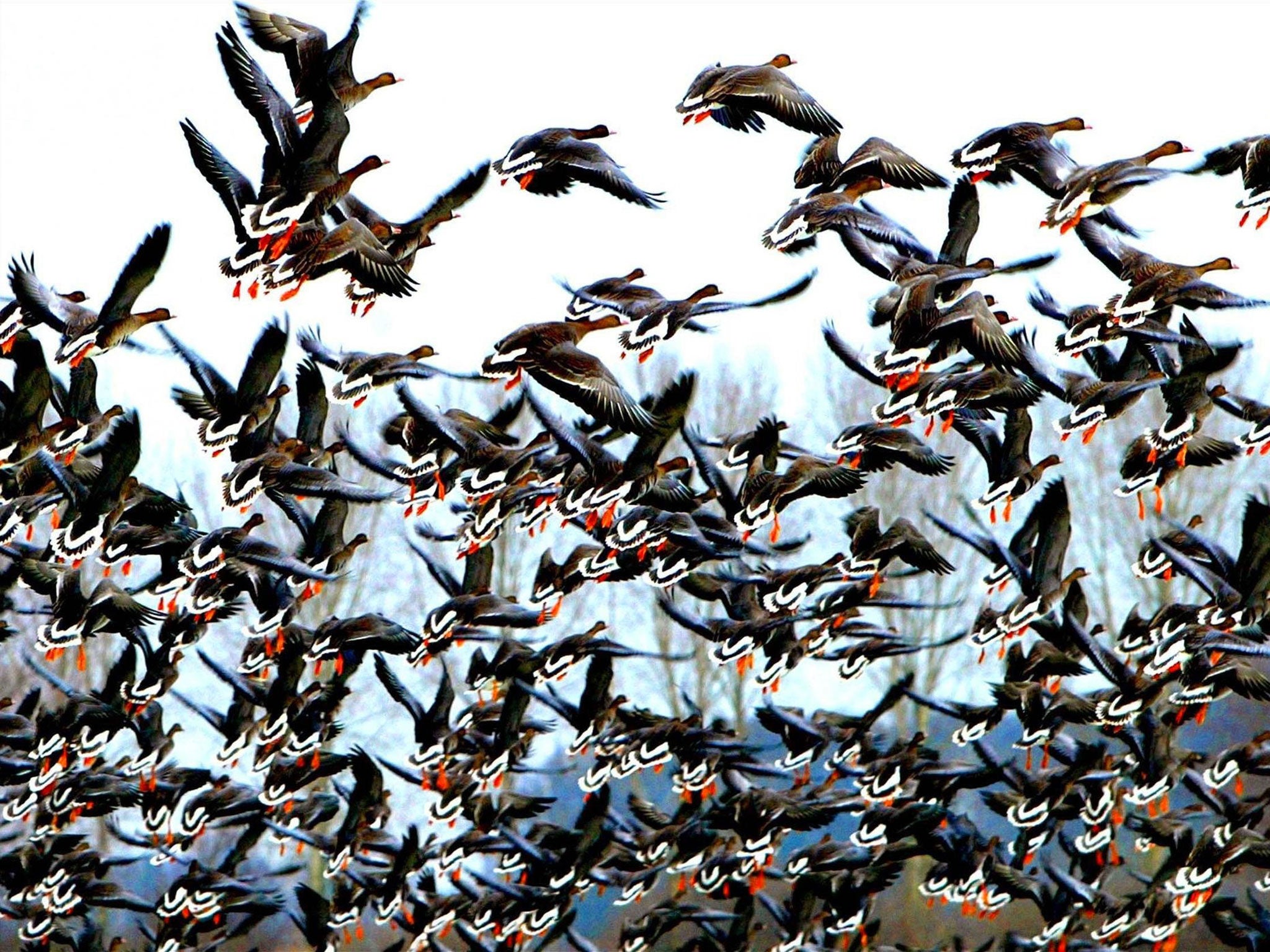Amsterdam’s Schiphol airport allowed to resume goose cull in bid to prevent bird strikes

Your support helps us to tell the story
From reproductive rights to climate change to Big Tech, The Independent is on the ground when the story is developing. Whether it's investigating the financials of Elon Musk's pro-Trump PAC or producing our latest documentary, 'The A Word', which shines a light on the American women fighting for reproductive rights, we know how important it is to parse out the facts from the messaging.
At such a critical moment in US history, we need reporters on the ground. Your donation allows us to keep sending journalists to speak to both sides of the story.
The Independent is trusted by Americans across the entire political spectrum. And unlike many other quality news outlets, we choose not to lock Americans out of our reporting and analysis with paywalls. We believe quality journalism should be available to everyone, paid for by those who can afford it.
Your support makes all the difference.Amsterdam’s Schiphol Airport is expected to start gassing thousands of geese this week to prevent potentially lethal bird strikes on aircraft, after an animal rights group failed to convince a court to halt the cull.
Airport authorities will begin gassing up to 10,000 geese which have settled within a 20km (12-mile) radius of the airport, according to the DutchNews.nl website.
The airport authority argues that the cull is needed to prevent accidents. The force of a jet hitting a flock of geese or even a single bird can cause a plane to crash, and in 2010 a Maroc Air flight made an emergency landing at Schiphol after a strike.
Airports around the world have struggled to come up with effective solutions to prevent bird strikes. Heathrow lets the grass around the runways grow long, discouraging birds from nesting as they cannot see predators. Radar systems to detect large number of birds above runways are also used at many airports.
After the first cull of about 5,000 geese at Schiphol last summer, bird flights over the runway reduced by 90 per cent, authorities reported at the time. But animal protection groups say aviation authorities should find alternative methods, such as changing the type of crops planted near the airport to discourage the birds from settling there.
The Dutch animal rights group Fauna Bescherming calls the government’s policy “incomprehensible”.
Join our commenting forum
Join thought-provoking conversations, follow other Independent readers and see their replies
Comments